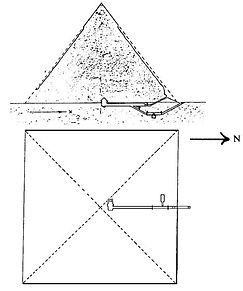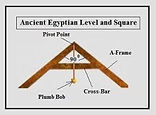top of page
Nur Sobrina binti Anwar Hasni
0334151
Uncovering Secrets of the Great Pyramids of Giza
Historical Background
Egypt was unified into one kingdom around 2900 BCE. The pharaohs chose the Nile delta city of Memphis as their first capital. Pyramid building began during the Old Kingdom.
Before the Pyramids of Giza was build, the Egyption first build a mastaba as a the first structured tomb for the pharaoh. Then, they build the Step Pyramid. On 2600 BCE, the Bent Pyramid was build for Pharaoh Sneferu.
The pyramid structures symbolized the supreme position of the god-king pharaohs. The largest and best known of the pyramids belongs to Pharaoh Cheops who reigned from 2589-2566 BCE. The pyramid was originally clad in polished white limestones. Only a few fragment survived. The rest were broken off to build houses in Cairo.
The pyramid of Cheops known as the Great Pyramid. It was originally 146.5 metres tall but since 1168 has measured around 137 metres. Its limestones blocks were carried of as material for the rebuilding Cairo city from a great fire.
The second of the three pyramids carries the name Cheop's son, Chepren who reigned from 2558-2532 BCE. It is in fact 3 metres shorter than the Great Pyramid because it's base lies 10 metres higher.
The smallest pyramids belongs to Pharaoh Mycerinus, the son of Chepren who reigned from 2532-2503 BCE.




PLAN

SECTION

THE GREAT PYRAMID





Construction Material & Method
Based on archaeology and Egyptology, the preparation and the measurement took around 10 years to prepare with 4000 men. For the construction however, took 20 years to build with the strength of 100,000 men.
The pyramids were built of limestone, granite, basalt, gypsum (mortar), and baked mud bricks. Limestone blocks were quarried at Giza and possibly other sites.
The Egyptians designed and used simple tools needed to build the pyramids. They used plumb bobs and square levels to ensure that corners of blocks were square and that surfaces were flat. These instruments were made of wood, twine, and lightweight stones. They also used tools such as mallet, copper chisel and copper saw for stonework.



bottom of page